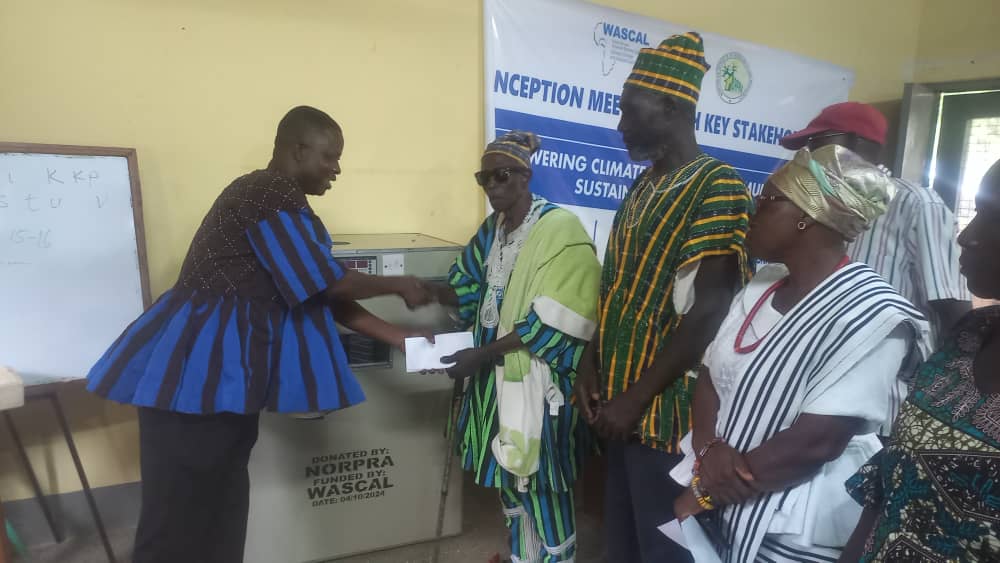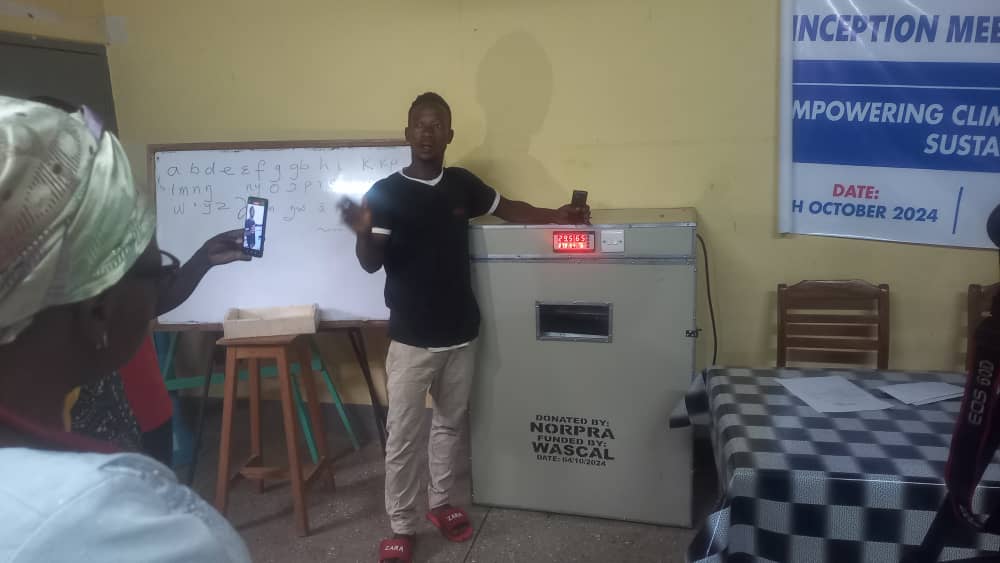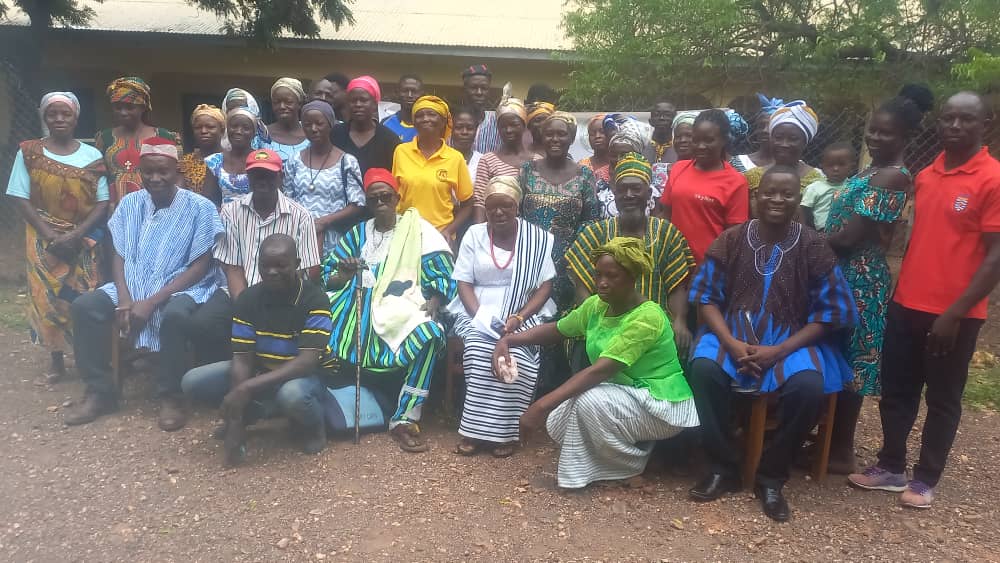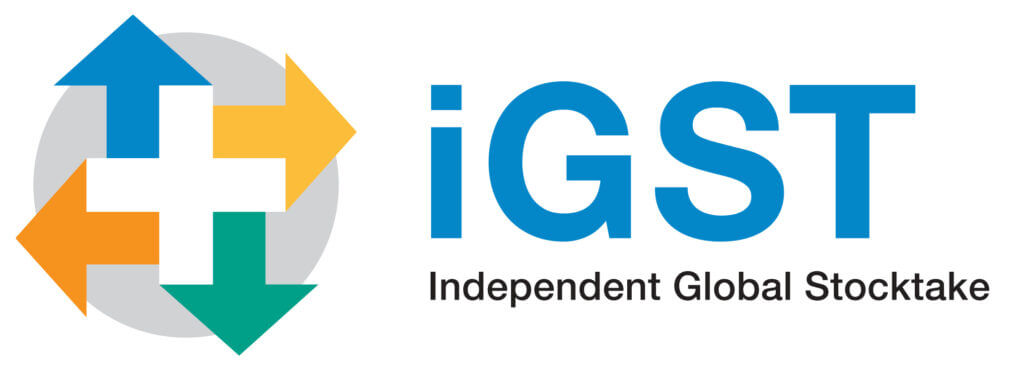The CASL project, supported by the iGST West African Hub, addresses severe climate change impacts in northern Ghana’s Nabdam District, where only 3 months of annual rainfall lead to low agricultural productivity, food insecurity, and high poverty rates. Agriculture, the primary livelihood for 80% of the population, is rain-fed and vulnerable to erratic rainfall and drought, forcing many women and youth to migrate for work. To tackle these challenges, the project empowers 100 women and youth in Zanlerigu and Kongo communities through sustainable farming, agroforestry, and poultry production, enhancing resilience and livelihoods.
Specific objectives
- Improve agricultural productivity, value chains, and food security for 100 women and youth by 2025.
- Increase the incomes and resilience of 100 beneficiaries by at least 20% by 2025.
- Enhance agroforestry by planting and growing 100 trees in the two communities by 2025.
Key Activities
- Procure two incubators supporting poultry farming, hatching over 2,000 Guinea fowl and other eggs monthly.
- Train women in agro-processing of groundnuts and soybeans into value-added products.
- Promote agroforestry by planting 100 trees to improve soil health and biodiversity.
- Install a mechanized borehole to provide reliable water for dry-season farming.
Outcomes
- Increased agricultural productivity and year-round food security.
- Enhanced income opportunities through poultry farming and agro-processing.
- Reduced migration and improved livelihoods for women and youth in the Nabdam District.
- Improved climate resilience through sustainable water access and agroforestry practices.
GALLERY



